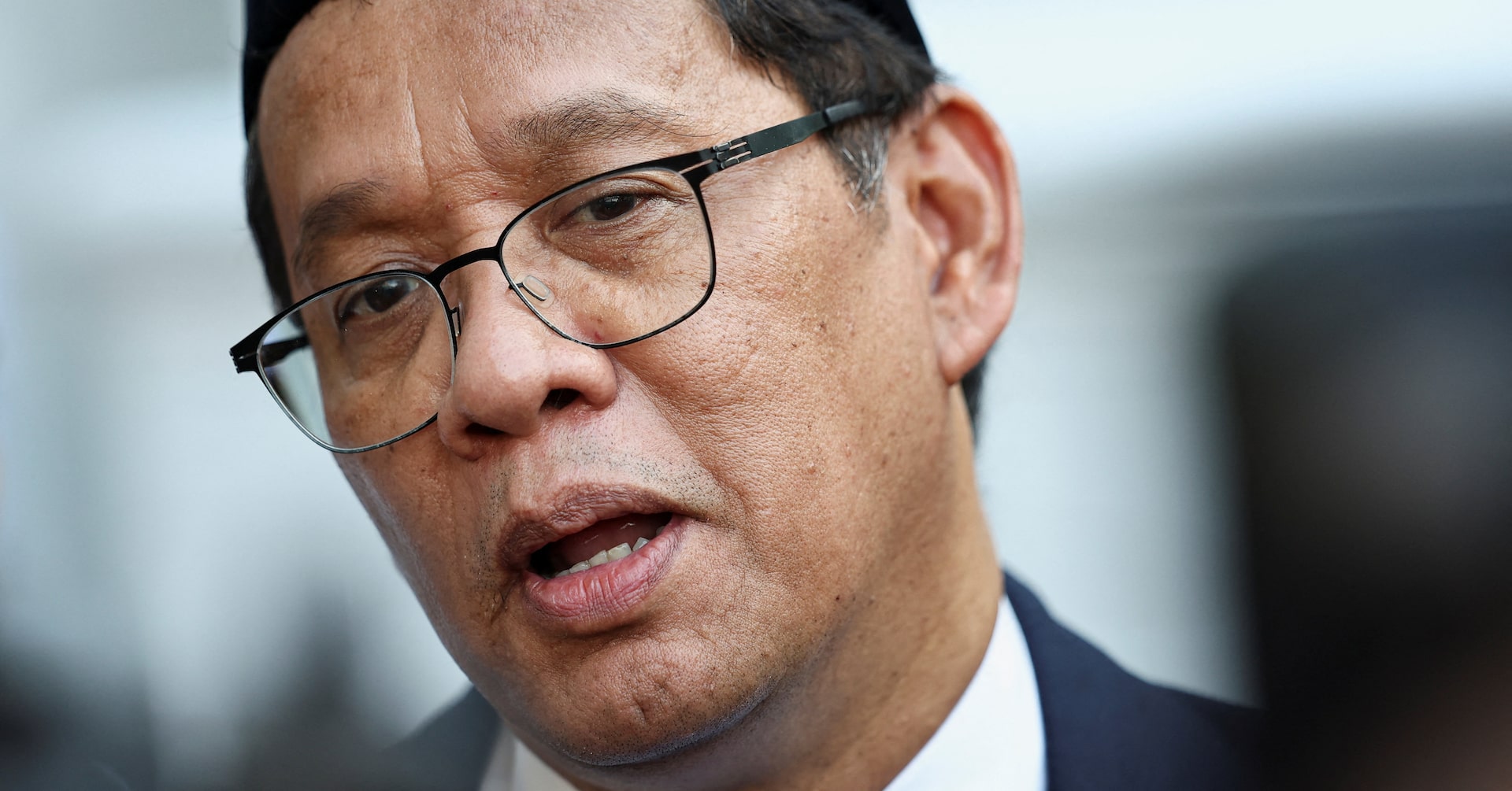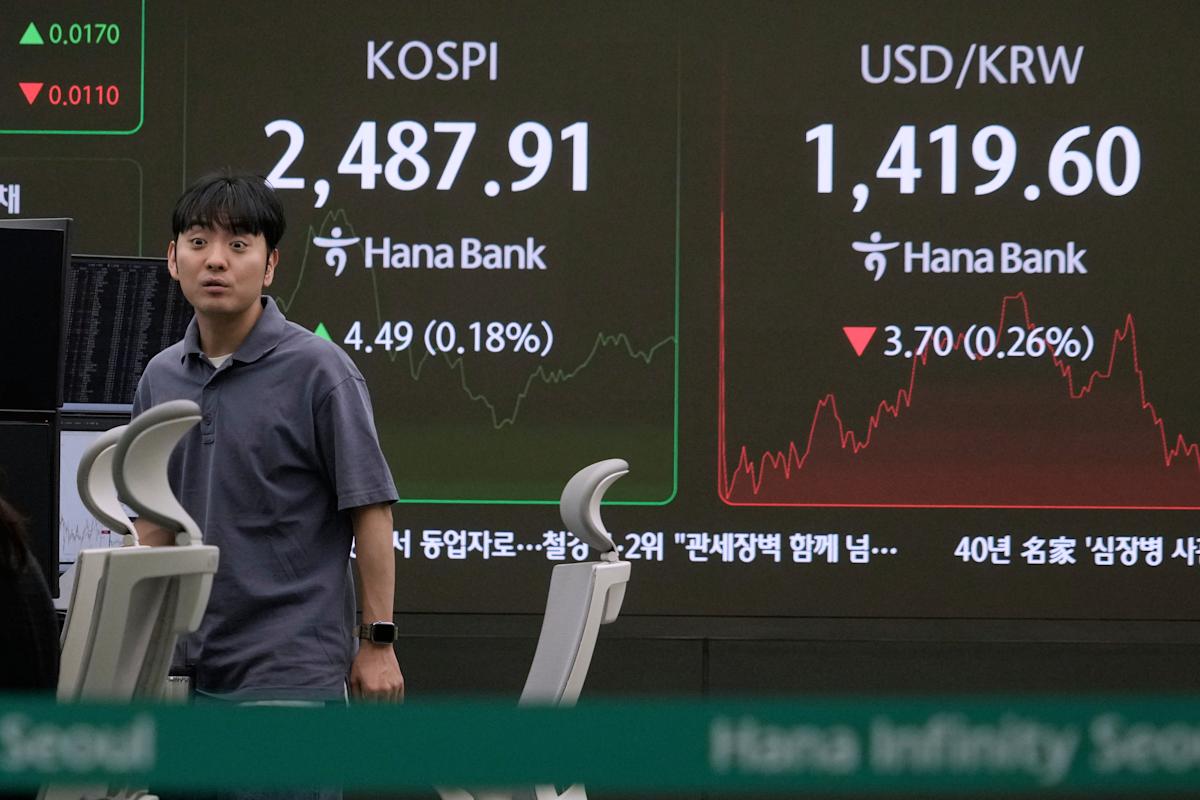Navigating Economic Challenges: Indonesia's Finance Chief Confronts Uphill Battle for Growth

Indonesia's newly appointed Finance Minister, Purbaya Yudhi Sadewa, acknowledged the challenging road ahead as he officially assumed his role on Tuesday. The financial markets immediately reflected the transition, with both the currency and stock market experiencing a downturn following the departure of Sri Mulyani Indrawati, the country's long-serving financial leader.
Stepping into a high-stakes position, Sadewa inherits a complex economic landscape that demands strategic navigation. The market's immediate reaction underscores the significant shoes he must fill, as Indrawati was widely respected for her financial acumen and leadership during her tenure.
The minister's first task will be to restore investor confidence and stabilize the financial markets, which have shown sensitivity to the leadership change. His approach and initial policy decisions will be closely watched by both domestic and international economic observers.
Despite the initial market volatility, Sadewa appears committed to maintaining Indonesia's economic momentum and addressing the challenges that lie ahead. His appointment signals the government's continued focus on economic growth and financial reform.








